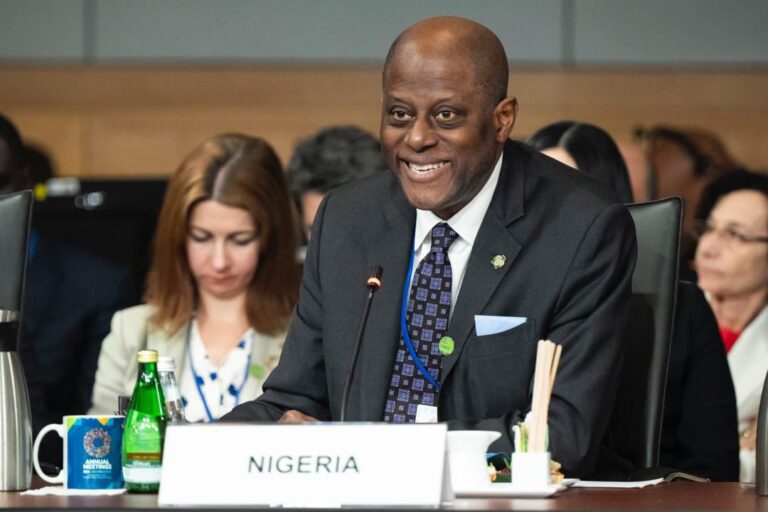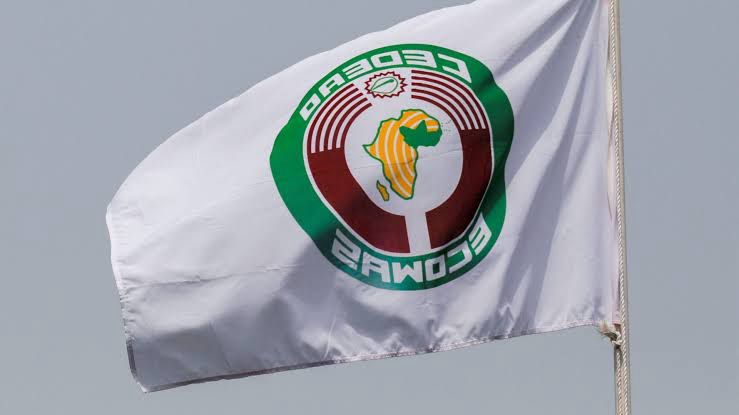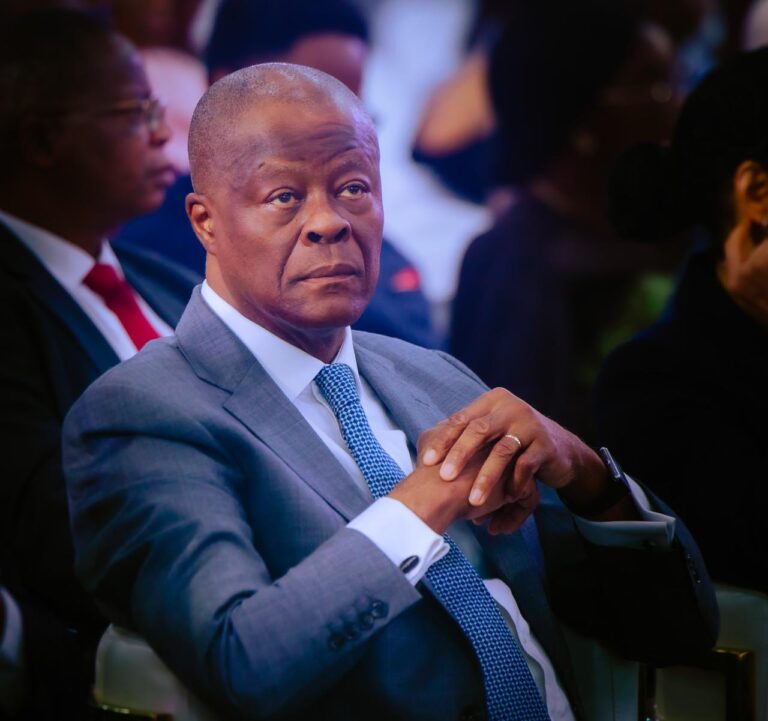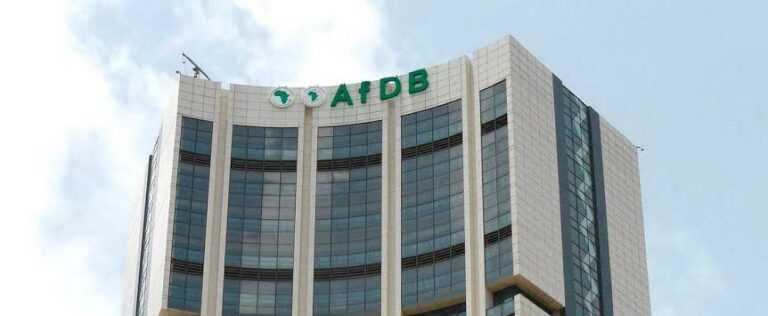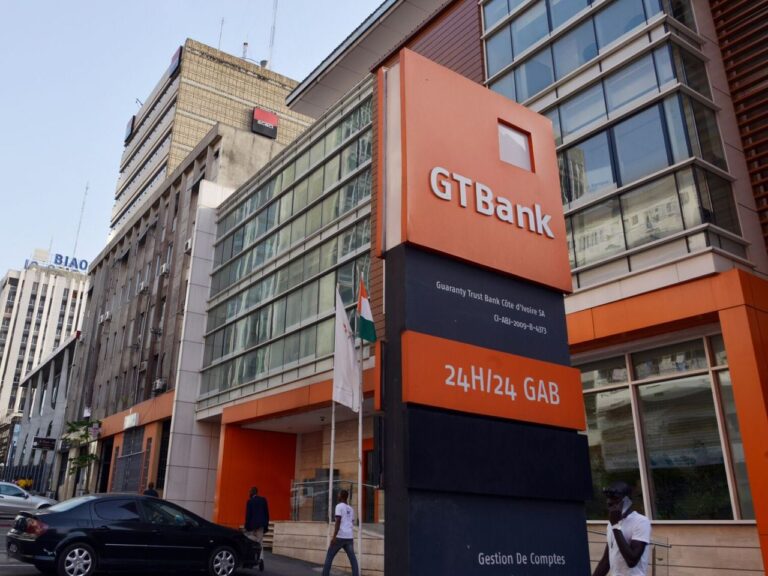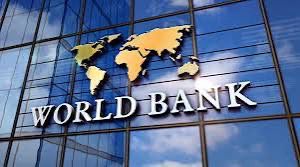Nigeria’s informal economy is caught in a devastating double bind: while small businesses are successfully driving up sales figures, their revenues are being entirely consumed by increasing energy expenses, leaving them with vanishing profit margins and pushing the sector toward a cliff edge. Moniepoint microfinance bank (MFB) said in its latest report on Friday.
The latest Informal Economy Report 2025 powered by ten-year-old Nigerian payment startup Moniepoint, shows this troubling trend, revealing a state of “profitless prosperity.” According to the analysis, 65% of Nigerian informal businesses increased their revenue over the last year, yet less than half—just 47%—were able to translate that growth into actual profit.
According to the report’s crucial findings the cost of doing business has surged for 79% of operators, with the energy crisis emerging as the most ruthless destroyer of financial health for the informal sector.
“However, the impact on profit is lower, with only about 47% of them reporting a corresponding increase in their profit.” Moniepoint reveals.
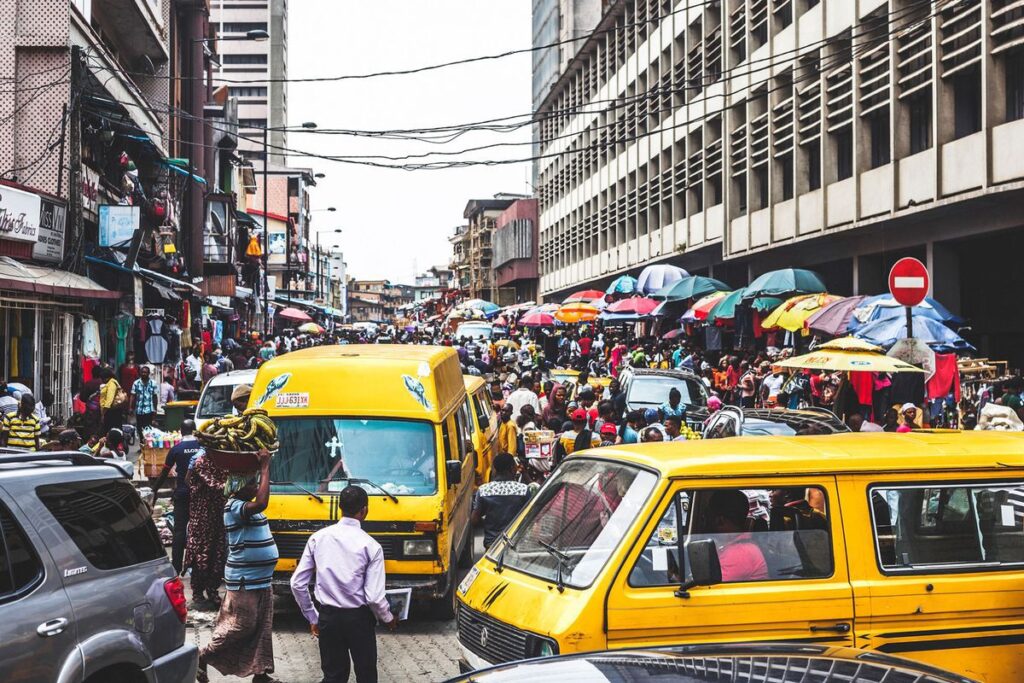
The informal sector are often unregistered businesses and workers without formal protection, such as petty traders, farmers, and artisans. While it drives economic activity, the sector is often characterized by low and irregular earnings, lack of social welfare, and challenges in accessing finance and fair regulation.
Energy crisis: production costs swallow 82% of turnover

The data paints a clear picture of an economy where energy expenses alone are eradicating profitability before any other costs are even factored in:
- Manufacturing Wipeout: Following the 2024 electricity tariff hikes, reports show that firms, particularly in the critical manufacturing sector, are spending an average of up to 82% of their monthly turnover on production costs. This extreme percentage is almost entirely driven by the cost of securing reliable power, whether through high tariffs or self-generation.
- The Diesel Squeeze: For MSMEs reliant on generators and logistics, the cost of self-generation is prohibitive. The average retail price of diesel (Automotive Gas Oil) reached approximately ₦1,758 per liter in May 2025, a massive increase that builds on an already unprecedented rise in the previous year. This spike directly contributes to the 79% increase in operational costs reported by businesses.
- Unaffordable Power: Industry bodies, including the Manufacturers Association of Nigeria (MAN), have warned that these energy costs are rendering Nigerian products uncompetitive, forcing local operators to struggle with razor-thin margins that cannot be easily passed on to cash-strapped consumers.
A Month from Disaster
The inability to retain profit creates a lack of resilience across the sector. Without the ability to build up financial buffers, MSMEs are constantly one shock away from collapse.
Moniepoint highlights the extreme fragility created by the disappearing margins:
- 42% of Nigeria’s informal businesses would only be able to stay afloat for one month or less if their income were to suddenly cease.
- The vast majority of these operators are trapped in a low-earning cycle, with 38% managing to generate a daily profit of less than ₦10,000 ($7).
This financial uncertainty underscores that the revenue boom is nothing more than a desperate race to stay ahead of spiraling costs, rather than a genuine indicator of economic growth and stability .

FX and Credit
- FX Volatility: The depreciation of the Naira continues to escalate the cost of raw materials and imported inputs, a factor cited by operators as a top cost driver alongside supplier prices.
- Prohibitive Credit: The Central Bank’s high Monetary Policy Rate (MPR), held at 27.%, keeps commercial lending rates above 30%. This high cost of capital prevents small businesses from investing in efficiency or stable power solutions, locking them into the expensive, fragile cycle of self-generation.
The Path to Real Prosperity
The informal sector contributes over half of the country’s Gross Domestic Product (GDP), Nigeria’s GDP was worth $362.81 billion last year, according to the World Bank.
However, the sector economy is a vital avenue for women’s economic empowerment. Women own 37.1% of businesses in this sector, highlighting the significant role they play despite facing numerous challenges in achieving equity.
For the informal economy to move from a state of mere survival to one of real prosperity, policy action must target the structural issues that fuel the energy shock and cost spiral.

Experts contend that the key lies in addressing Nigeria’s extensive infrastructure deficits. Investing in and stabilizing the national grid, along with improving road networks, would directly reduce logistics and energy expenses, immediately easing the burden on the 79% of businesses struggling with costs.
Until these fundamentals are fixed, the revenue boom currently observed in the market will continue to be an empty, deceptive metric, masking the underlying crisis of collapsing profitability.






